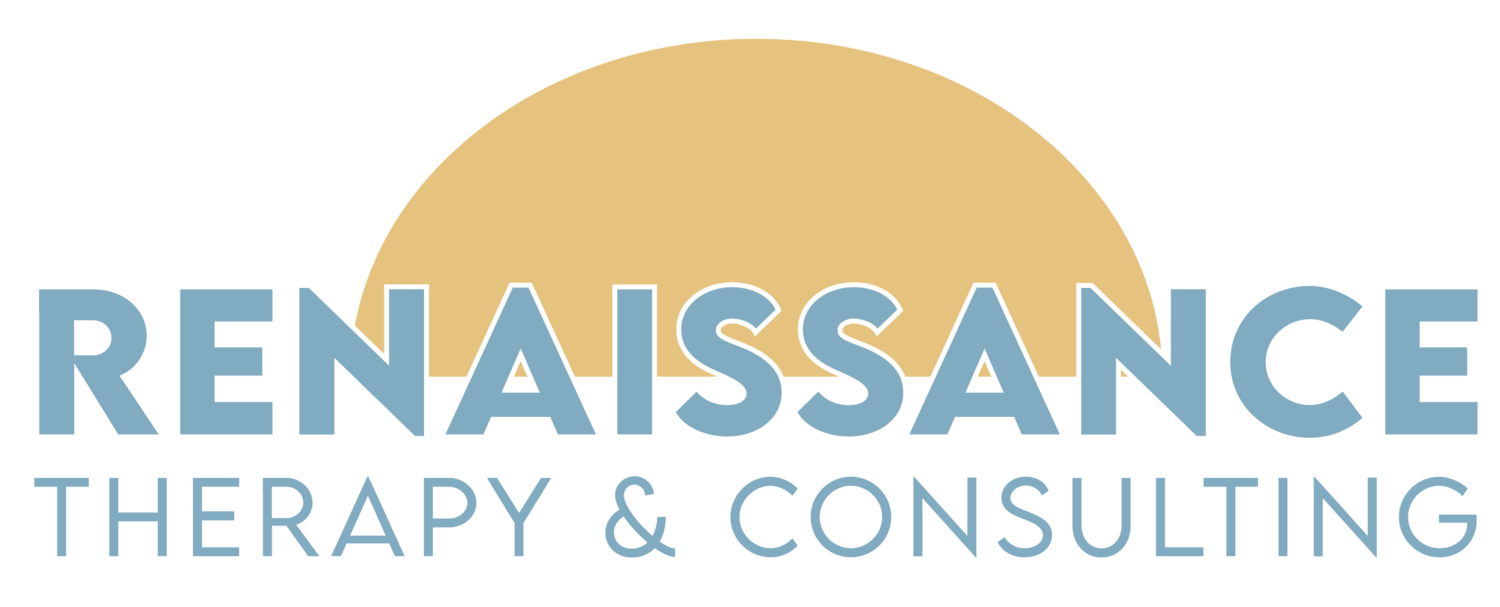I Got a Master’s Degree in Assumptions
Well, actually it was a master’s degree in marriage and family therapy with a systems approach. After all the studying was done and the degree awarded, I took a deep breath and realized it could all boil down to assumptions.
After the degree came another 27 months putting what I had learned and interned into supervised practice for another 4000 hours. Those efforts solidified my conclusion that I had really obtained a master’s degree in assumptions.
Studying the foundations of marriage and family therapy taught me to examine myself right down to the core of my perceptions. I learned how I had learned to perceive the world through my lens of experience and the values I attached to those perceptions. Working with clients taught me about the lenses others perceive from. I became fascinated with the individual story each person has to share and wanted to climb right into their brains to see things as best an outsider can from their perspectives.
While sitting with the new idea about the power of perspective, I began to learn from my assumptions. An early example from when I did in-home therapy was the first day I was proudly welcomed into the apartment of a new family client and saw bedroom furniture in the living room. There isn’t a couch, I noted. Upon later reflection, I realized I had assumed “all living rooms have couches” when that clearly wasn’t true. I was basing my observation on what was not there, not what was. Aha! That was the beginning of more exploration for me.
Recognizing how my expectations connect to assumptions has helped me regulate my perception and emotions as I react to daily living experiences of my own, not to mention my clients’.
Perhaps the worst assumption anyone can make is to claim to know the motivation of someone else. We hear this all the time in social media and politics. “They just think…” “He’s trying to…”, “She wants me to…” when reality – the facts – tell us we do not know.
I often tell clients to try and look at situations as if a drone was in the room, neutrally reporting what it observes. Drones don’t know – they observe. I think that’s what we can learn to do as we “unassume” ourselves from the entanglement of over-thinking and into a place of curiosity and calm.

